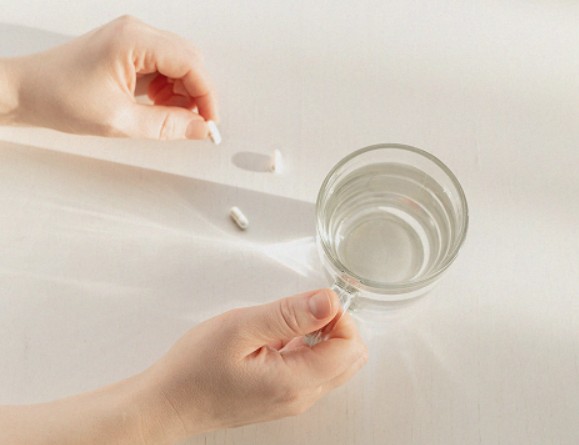Vitamin K2 in kidney transplant
Prior studies have shown as many as 80 percent of those who undergo kidney transplant are low in vitamin K, which increases chances of hardening of the arteries and heart problems. This study measured changes in artery flexibility in 60 people who took vitamin K2 supplements after a kidney transplant.
After eight weeks of taking 360 mcg of vitamin K2 as menaquinone-7 per day, doctors measured both central and peripheral blood pressure over 24 hours and found arterial stiffness had improved significantly. Also, vitamin K levels had normalized in 55 percent of participants. Discussing the findings, doctors said, “The results in this trial are staggering, especially as the statistically significant effect was seen very quickly.”
 Vitamin K reduces kidney stones
Vitamin K reduces kidney stones
Good levels of vitamin K help keep calcium from building up excess amounts in the blood and along artery walls. Doctors thought chances for developing kidney stones would increase when vitamin K levels are low.
In this study of 1,748 men and women, doctors measured levels of a protein that inhibits calcium buildup— matrix gla protein (MGP)—but that needs vitamin K to activate. One-third of the participants began the study with high levels of inactive MGP. Over the 12-year follow-up period, those with the highest levels of inactive MGP were 31 percent more likely to have developed kidney stones than those with lower inactive MGP levels. The findings suggest that increasing vitamin K in the diet or adding vitamin K supplements may help keep kidney stones from forming.
Reference: Journal of the American Society of Hypertension; 2017, Vol. 11, No. 9, Published Online
Natural Insights for Well Being January 2018
We’re dedicated to discovering the benefits of good nutrition and healthy lifestyle, and hope the above article informs and inspires you to take an active role in your health.
Articles shared on our site are to provide nutritional information only and do not replace professional medical advice.



